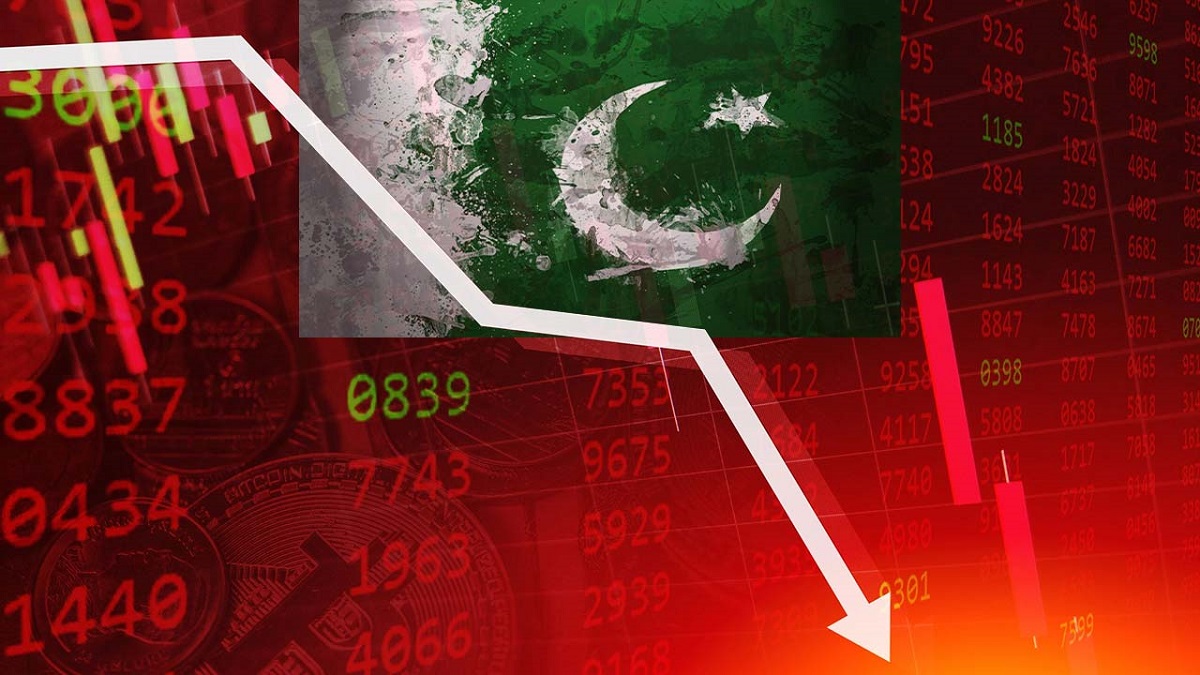First off, the current administration would exert all of its resources and efforts to prevent such a situation. Since it would incur significant political costs, especially in light of the impending elections.
Second, given the potential consequences for internal and external security. Pakistan’s international allies would not favour such a situation.
Thirdly, the international and bilateral donors are still optimistic about Pakistan’s economy. They would rather bet on it than a default and losing repayments, even if only for a few years.
Despite this, neither the moment nor the circumstances call for complacency. More than any other condition, a patient in the ICU raises concerns.
Although defaulting on sovereign debt is a challenging position for any country and its donors. It is a common occurrence in the modern world economy and has happened in some recent years.
However, it has become so politicised and the subject of so much discussion and worry in Pakistan that it now sounds disastrous.
The simplest and most correct answer to the question of what can be done to prevent default would be to cease taking on new debt. And start producing enough income to cover current expenses as well as upcoming repayments of both internal and external debt. Unfortunately, despite being such a simple solution, Pakistan’s governance problems are extremely complex.
It is challenging because we are concentrating on short-term fixes like asking the IMF, other donors, and friendly nations for bilateral support.
The actual cause for concern, not the rounds of IMF negotiations, is a single-digit tax-to-GDP ratio. Whereas, with more than 60% of revenue coming from indirect taxes and GDP exceeding $300 billion. Even stating that we should increase the tax and revenue base rather than the incidence and rates on present taxpayers may seem superfluous.
Value for money is scarcely a concept in our public sector spending. Consider any federal ministry as an example, and compare the amount spent on worker salaries to the non-salary yet ineffective and overhead spending that typically goes unreported.
The most typical response to the most fundamental question—Are we going to escape this debt trap.
Without continuous, durable, and coordinated efforts to mitigate the aforementioned issues. Such as budget deficit, high levels of inflation, a lack of medium- to short-term economic planning, and rupee devaluation. Which do not indicate a condition that is positive for the future.
Due to the aforementioned considerations, Pakistan’s default on its sovereign debt may be avoided or delayed in the very near future (2023). Nevertheless, this will only be the case for a little period of time unless we turn our attention within rather than outward.















